The Correlation Between Sleep and Marijuana
Marijuana, or cannabis, has gained significant attention in recent years, not only for its recreational use but also for its potential medicinal benefits. Among these benefits is its reported ability to promote better sleep, especially for individuals who struggle with insomnia or other sleep-related issues. But what is the actual relationship between cannabis and sleep? In this blog, we will explore the science behind it.
How Marijuana Impacts Sleep
Marijuana affects sleep primarily through its two main active compounds: tetrahydrocannabinol (THC) and cannabidiol (CBD). These cannabinoids interact with the body’s endocannabinoid system, which regulates various physiological processes, including sleep.
1. THC and Sleep
THC, the psychoactive component of cannabis, is often linked to feelings of relaxation and drowsiness. Research suggests that THC can:
- Decrease the time it takes to fall asleep (sleep latency).
- Increase slow-wave sleep (deep sleep), the stage of sleep crucial for physical recovery. However, regular THC use can also lead to:
- Decreased REM sleep, which is essential for cognitive functions such as memory and emotional processing. Reduced REM sleep might also affect dreaming, leading to fewer dreams or even suppressed dreaming over time.
2. CBD and Sleep
CBD, unlike THC, does not have psychoactive properties but is believed to help with anxiety and pain, both of which can disrupt sleep. Some studies indicate that CBD can:
- Promote wakefulness during the day at low doses, potentially leading to better sleep quality at night.
- Reduce REM sleep disturbances in individuals with PTSD or anxiety, which can result in fewer nightmares and better overall rest.
Marijuana and Insomnia
One of the most popular uses of marijuana is as a treatment for insomnia. People with chronic insomnia may find relief from THC due to its ability to induce sleep quickly. However, it’s important to note that while marijuana might help in the short term, long-term use could lead to tolerance increases. Over time, individuals may require higher doses to achieve the same effect, potentially leading to dependency.
The Risks of Using Marijuana for Sleep
Despite its benefits, using marijuana to enhance sleep isn’t without its drawbacks:
- Dependence and Withdrawal: Heavy users may develop a dependency on cannabis to sleep, and quitting cold turkey can cause withdrawal symptoms like vivid dreams, irritability, and insomnia.
- Impaired Sleep Architecture: The suppression of REM sleep could affect memory consolidation and emotional resilience.
- Daytime Grogginess: High doses of THC can cause residual drowsiness the next day, affecting productivity and alertness.
Who Can Benefit from Marijuana for Sleep?
For those who suffer from chronic pain, PTSD, or anxiety, cannabis may provide much-needed relief and better sleep quality. However, it's important to use it under medical supervision and as part of a comprehensive treatment plan, rather than as a stand-alone solution.
Alternatives to Marijuana for Better Sleep
If you’re not inclined to use cannabis or prefer natural ways to improve sleep, there are several alternatives:
- Cognitive Behavioral Therapy for Insomnia (CBT-I): A structured program that addresses behaviors and thoughts that interfere with sleep.
- Sleep Hygiene: Creating a bedtime routine, reducing screen time before bed, and ensuring a quiet, comfortable sleep environment.
- Natural Supplements: Melatonin and valerian root are known to help regulate sleep cycles without the risk of dependency.
While marijuana may offer short-term sleep benefits, especially for those dealing with insomnia, chronic pain, or anxiety, its long-term effects on sleep quality are still being researched. As with any sleep aid, it’s important to weigh the benefits against the risks and to use cannabis under the guidance of a healthcare professional. For those seeking better sleep, exploring a range of options, including improving sleep hygiene and considering other therapeutic approaches, may provide more sustainable results










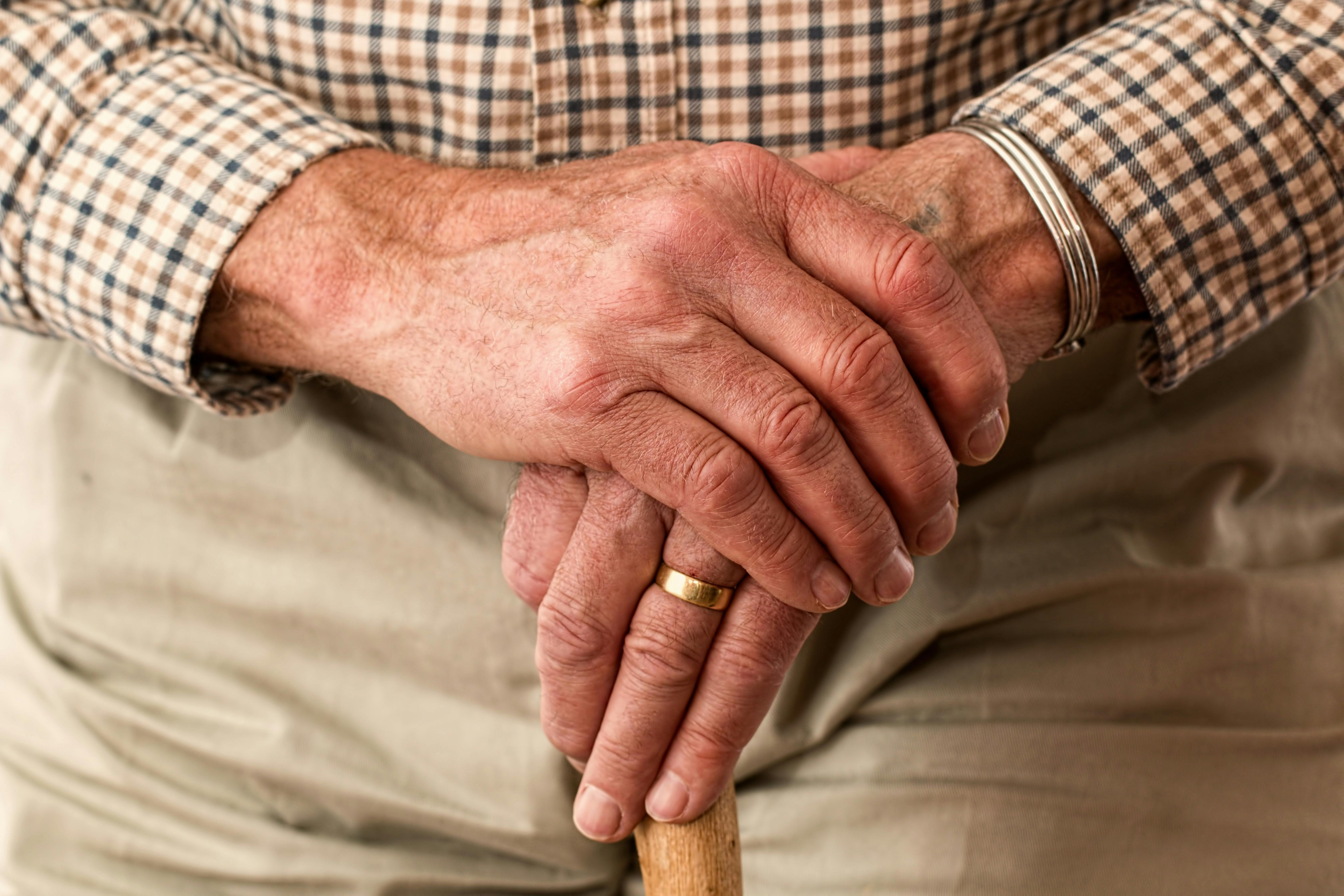




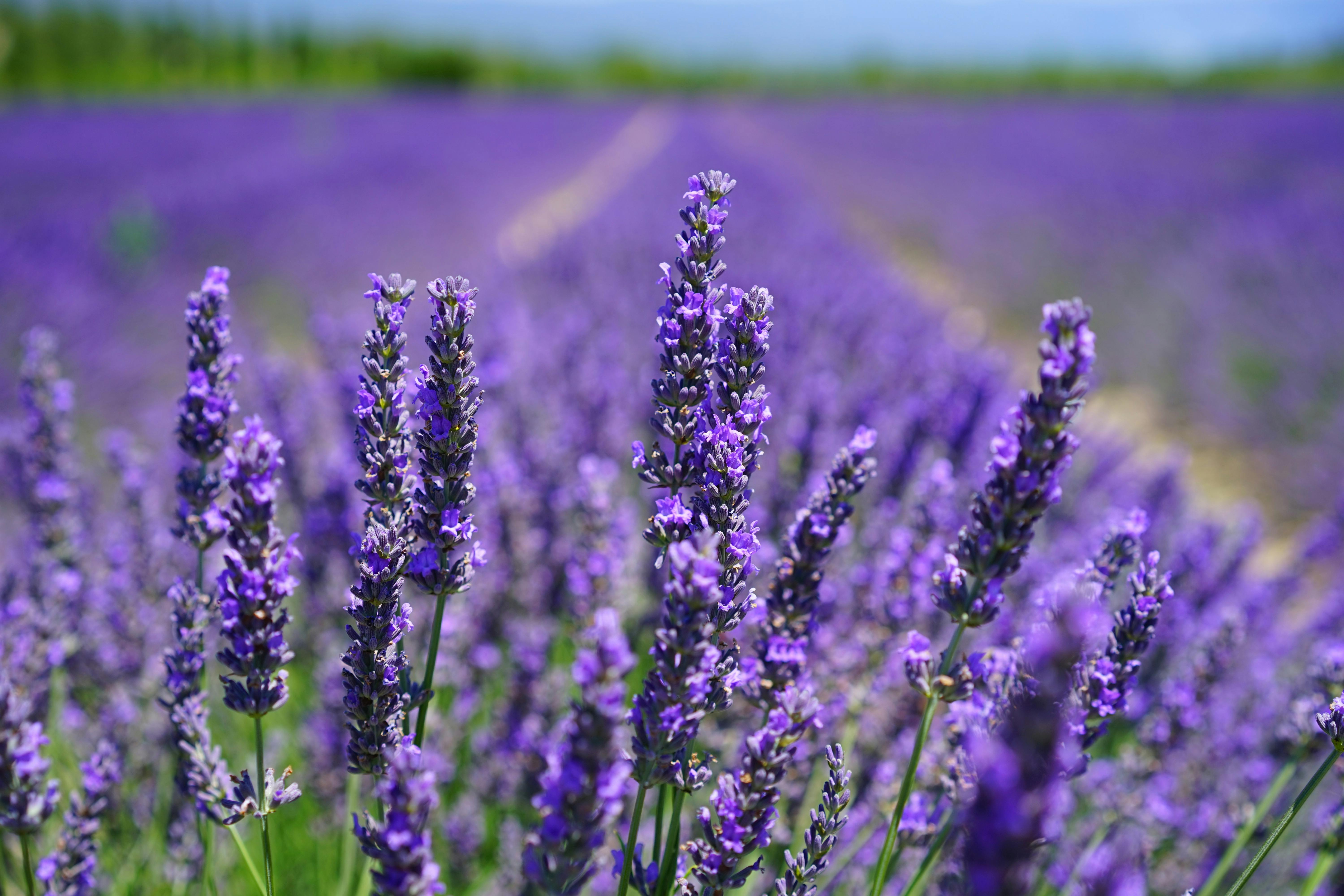
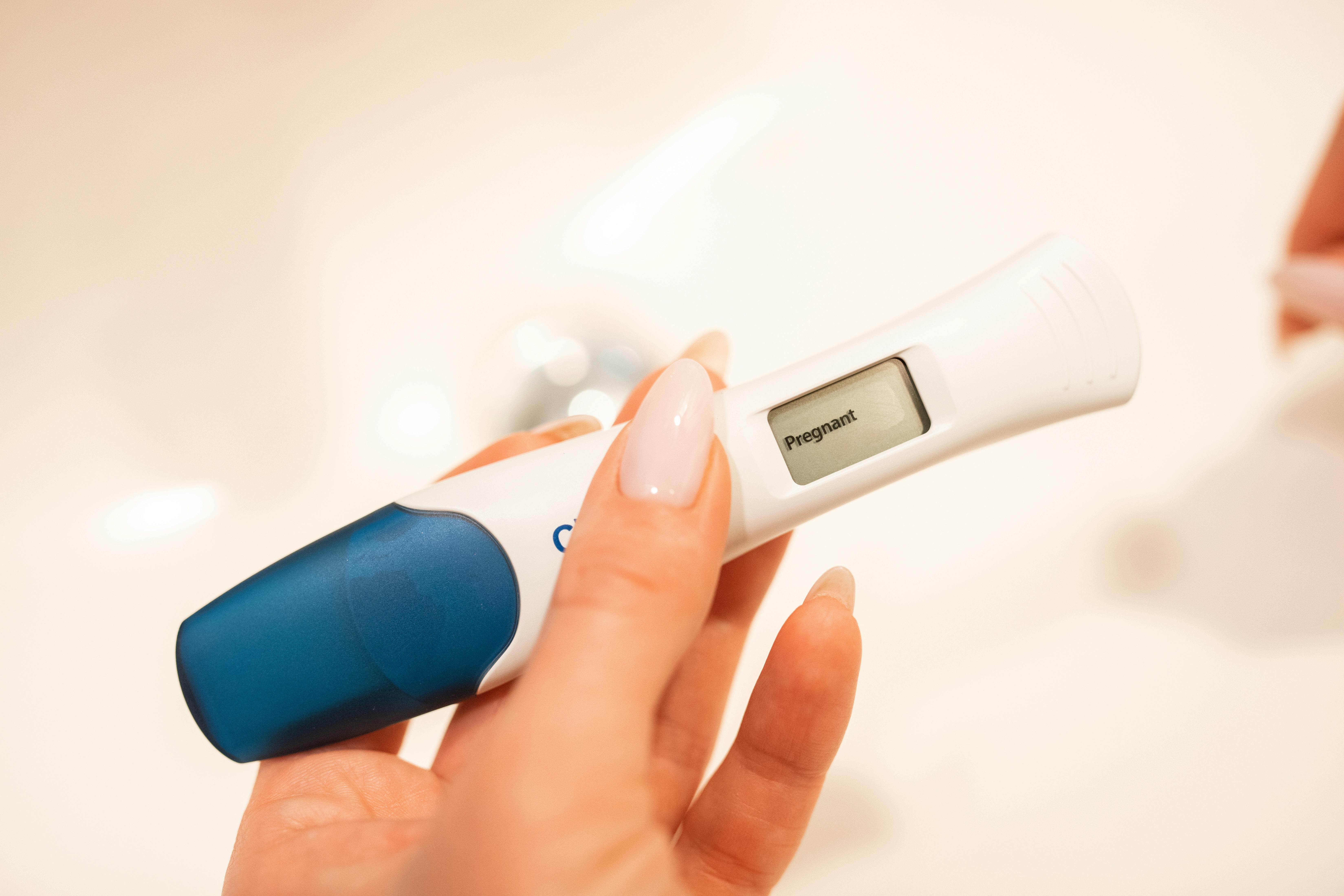





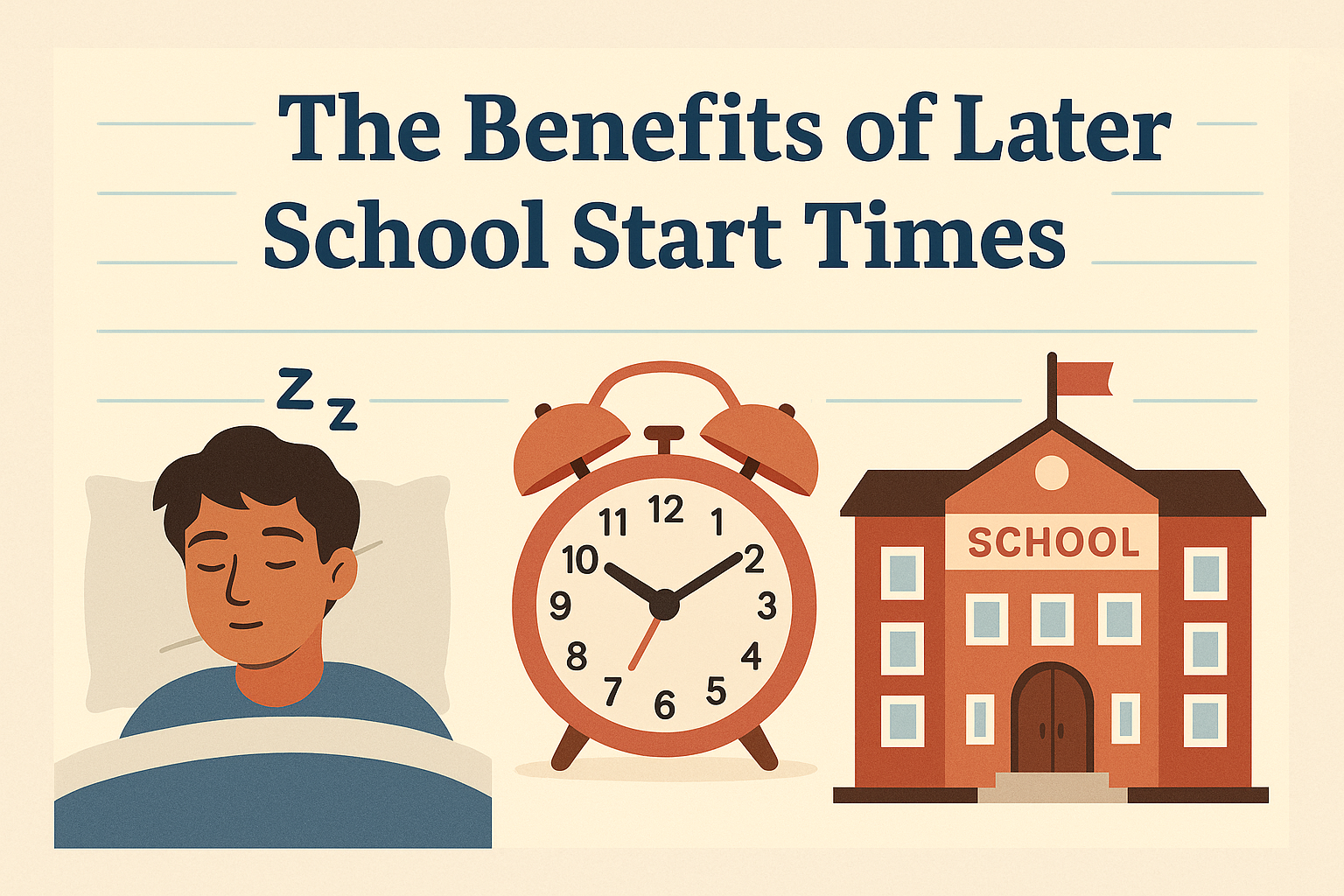

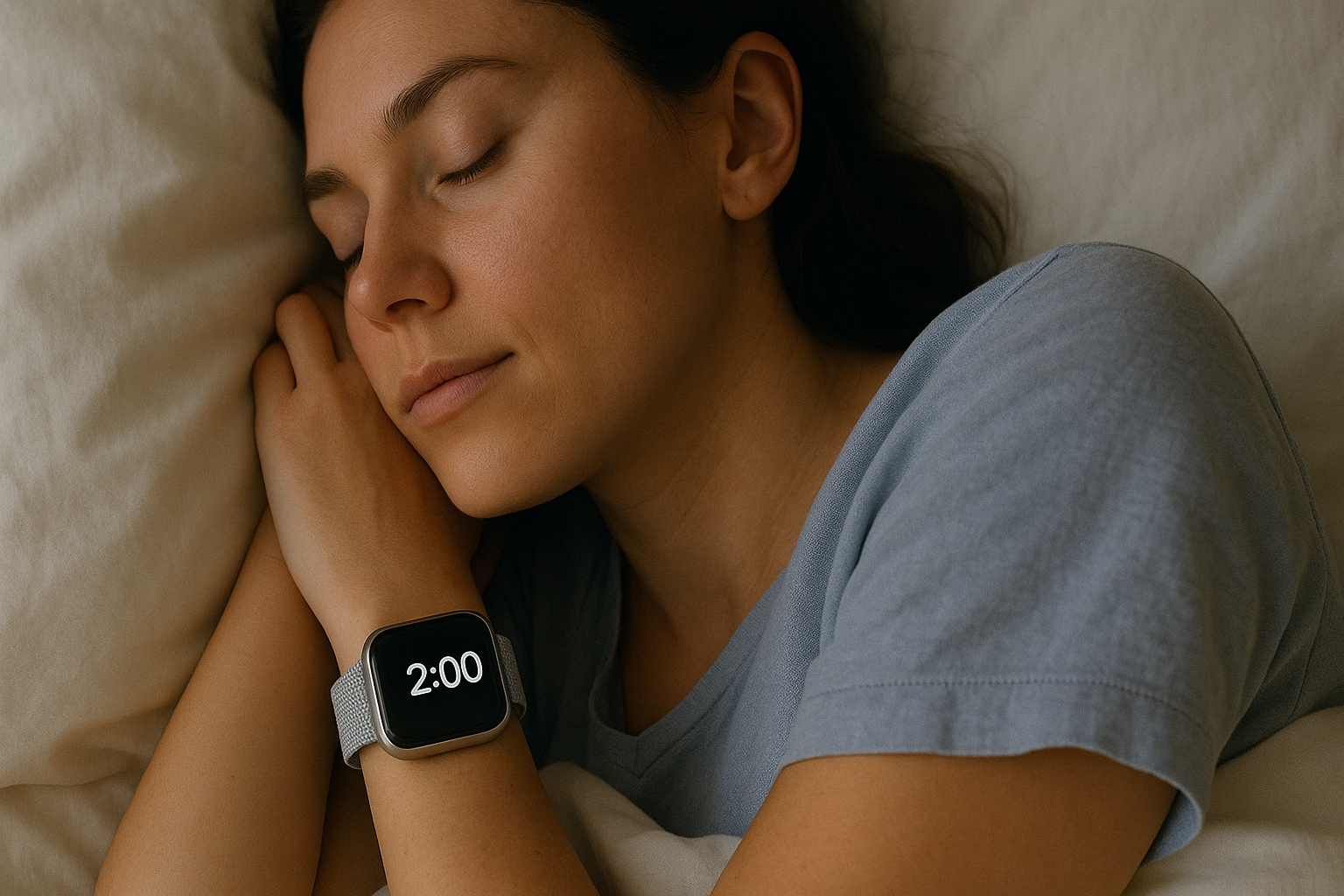


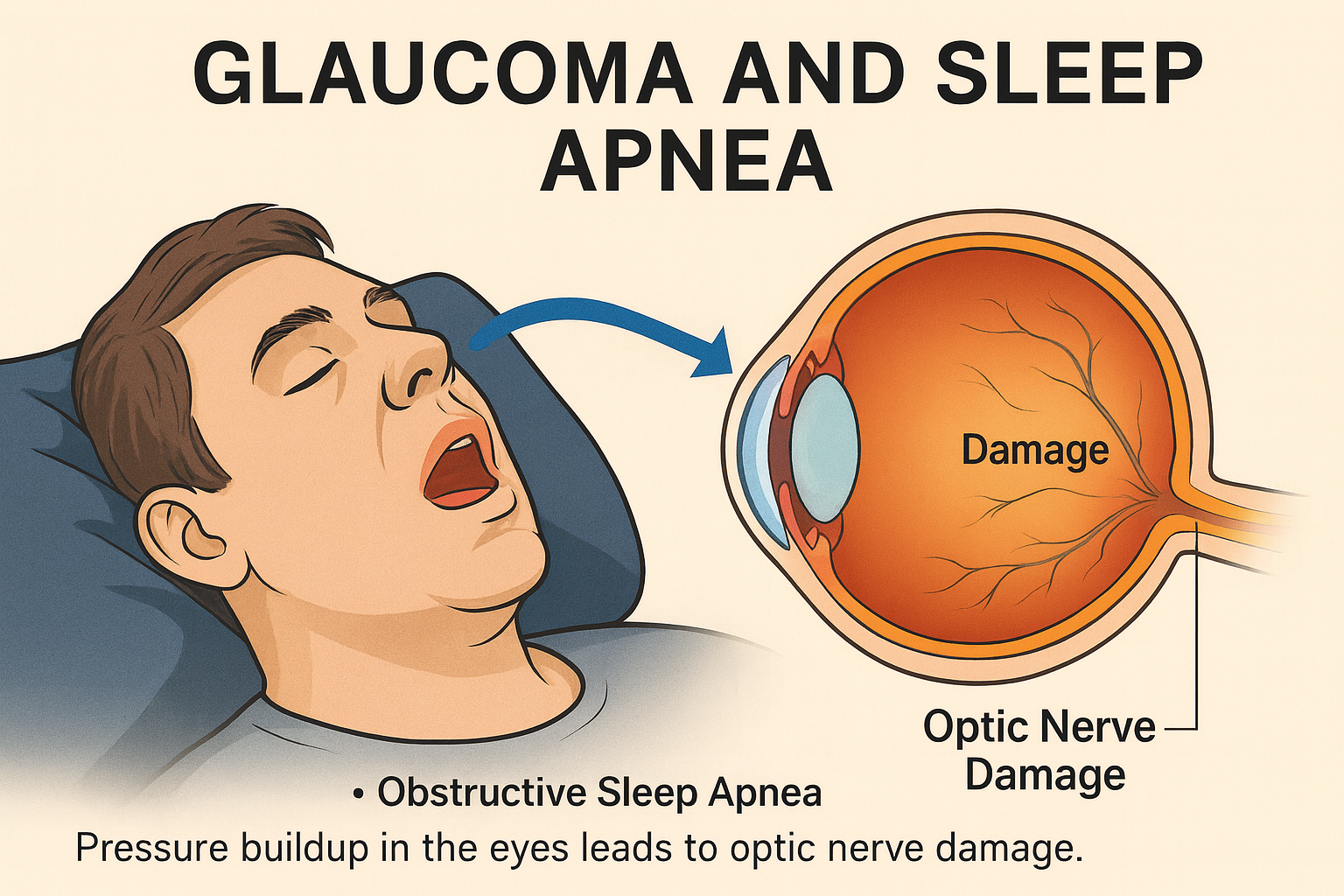

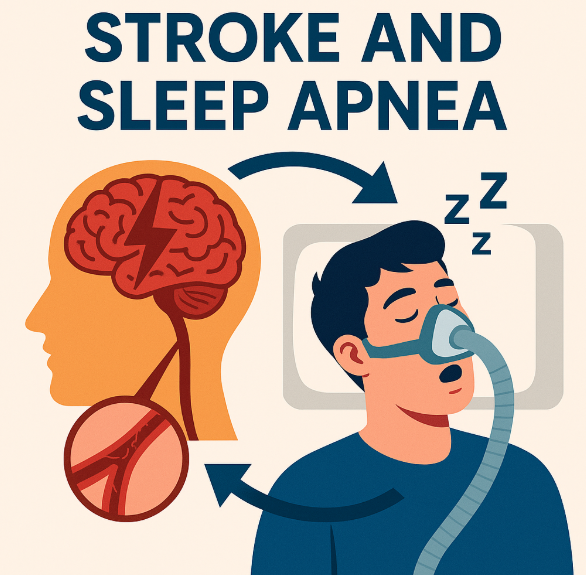































































%20thumbnail.jpg)
.png)